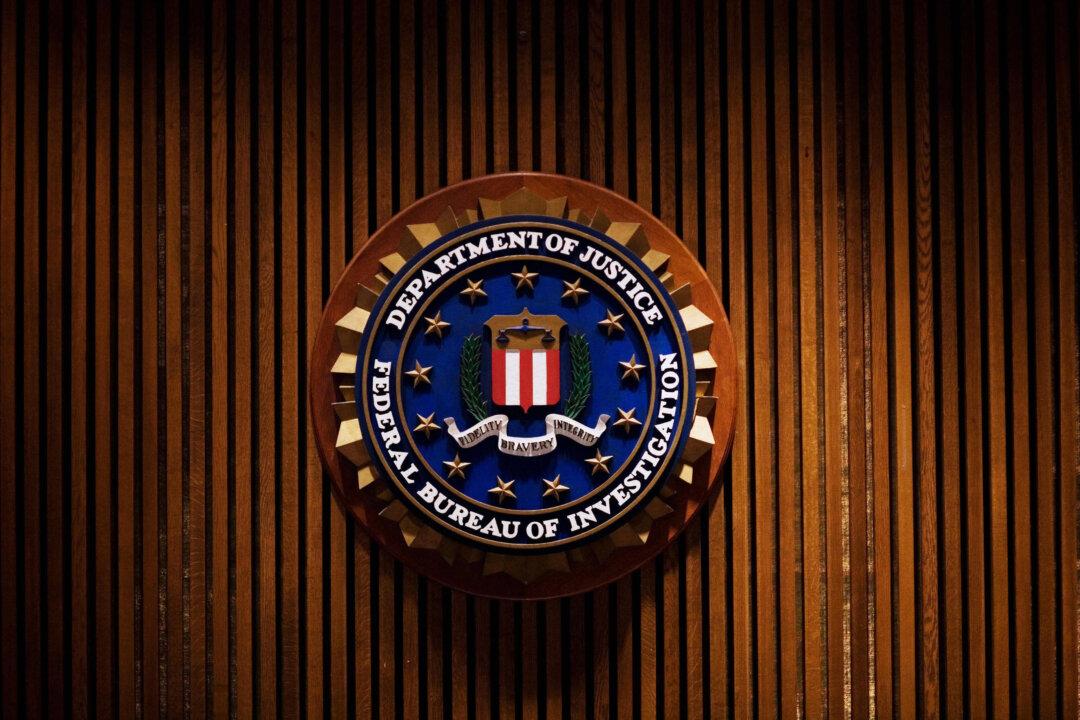Emails from the FBI to Twitter released on Dec. 16 showed bureau officials flagging specific people for Twitter to take action against, the latest tranche of documents that bolster evidence that the government and Big Tech have been colluding to censor Americans.
In one missive dated Nov. 3, FBI officials flagged 25 accounts, including that of the media outlet Right Side Broadcasting Network that had created posts that “may warrant additional action due to the accounts being utilized to spread misinformation about the upcoming election.” The list was sent to Twitter several days later by Elvis Chan, a top official at the FBI’s office in San Francisco.





